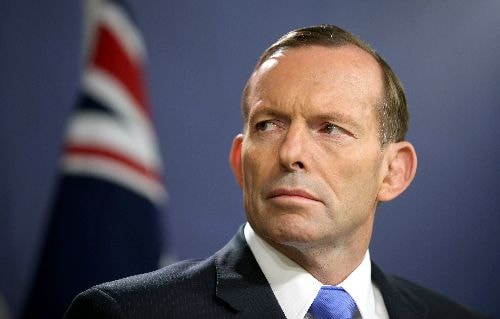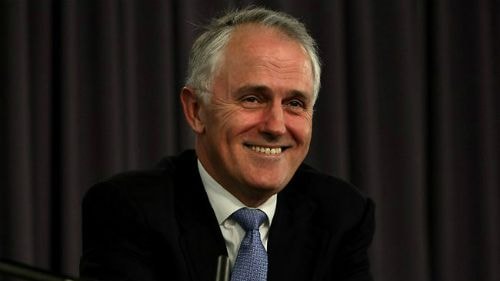How the Australian Prime Minister's seat was usurped
With unpopular policies, Tony Abbott lost credibility and let the prime minister's seat fall into the hands of Communications Minister Malcolm Turnbull.
 |
| Former Prime MinisterAustralia Tony Abbott. Photo:AP |
According to the Daily Telegraph, yesterday afternoon, Malcolm Turnbull believed his secret mission was complete. He told Mr Abbott that he no longer had the support of the party. Turnbull resigned as communications minister and asked for a "challenge", which is a surprise vote within the Liberal Party.
In Australian politics, when one or more MPs feel that the leader is taking the party in the wrong direction or simply failing to deliver on his promises, they can call for a vote to replace the leader or even the deputy leader. In this country, the leader of the ruling party holds the title of prime minister. So when Tony Abbott lost yesterday's internal party vote, he lost the prime ministership to Mr. Turnbull.
Mr Turnbull's campaign to unseat Mr Abbott has been known to colleagues since last week, with whispers that "Malcolm is about to make a move, probably next week".
Mr Turnbull’s camp felt it was necessary to hold a surprise vote this week because parliament is due for a three-week recess. Mr Abbott is scheduled to make several international trips later this year, including a visit to Turkey for the G20 and a trip to New York later this month. His appearances with other leaders are a chance to cement his grip on power in government.
So Mr Turnbull’s camp knows it needs to act now. The Turnbull camp’s message is simple: if Mr Abbott stays in office, the Liberal-National coalition will not win the mid-year election, and Mr Abbott will not sack Treasurer Joe Hockey. The Australian government’s greatest strength, the economy, is now its weakness.
He said the prime minister had failed to lead the economy, lost business confidence, failed to explain to the public the challenges and opportunities facing the country and had developed ineffective policies.
Reduced reputation
According to the BBC, Mr. Abbott's government began its term two years ago with many advantages. The government fulfilled its promise to abolish the carbon tax - an environmental tax to reduce greenhouse gas emissions. They also abolished the 30% profit tax on coal and iron ore mining.
Tight immigration policies, including forcing boats carrying migrants back to Indonesia, have stemmed the flow of refugees.
These moves were popular, but Mr Abbott's frequent mantra that he had "stopped the refugee boats" and "cut taxes" was also wearing thin.
His budget and economic measures have been unpopular with the public, including plans to charge an extra $5 per doctor visit, cut funding for universities and a proposal to require young people to wait a period before they can receive unemployment benefits.
The rollback has also eroded Mr Abbott’s credibility. In February, he abandoned one of his signature policies, paid parental leave, because it was difficult to fund and unpopular with women voters who wanted subsidised childcare.
Mr Abbott also appears to have alienated the public on issues such as same-sex marriage, which many Australians want legalised, but Mr Abbott remains staunchly opposed.
He appears to have misjudged the public's willingness to accept Syrian refugees, announcing that Australia would take in 12,000 Syrians next year.
He has also been criticised for being too sympathetic to some MPs. Former Speaker Bronwyn Bishop faced harsh criticism for spending more than $3,500 to charter a helicopter from Melbourne to Geelong to attend a Liberal fundraiser. Ms Bishop remained a supporter of Mr Abbott until she resigned in August.
According to political experts, Mr. Abbott has never been particularly popular with the public. He won the 2013 election because most voters did not want to support the Labor Party.
In January, he sparked a storm when he announced he would knight Prince Philip. Mr Abbott later promised to consult his colleagues more.
Many also took issue with his personal style. Abbott has a reputation for being outspoken, as evidenced by a 2010 visit to Australian troops in Afghanistan where he was caught using profanity when discussing the death of an Australian corporal.
Within the administration, his aides often advised him to exercise restraint, and to repeatedly reiterate the administration's achievement of "stopping the migrant boats."
But that was not enough to convince Australians that his agenda was the right one, as it was attacked by Mr Turnbull yesterday. "We need movement, not slogans," Mr Turnbull said.
 |
| MalcolmTurnbull, the new Prime Minister of Australia. Photo:The Australian |
According to VNE
| RELATED NEWS |
|---|


